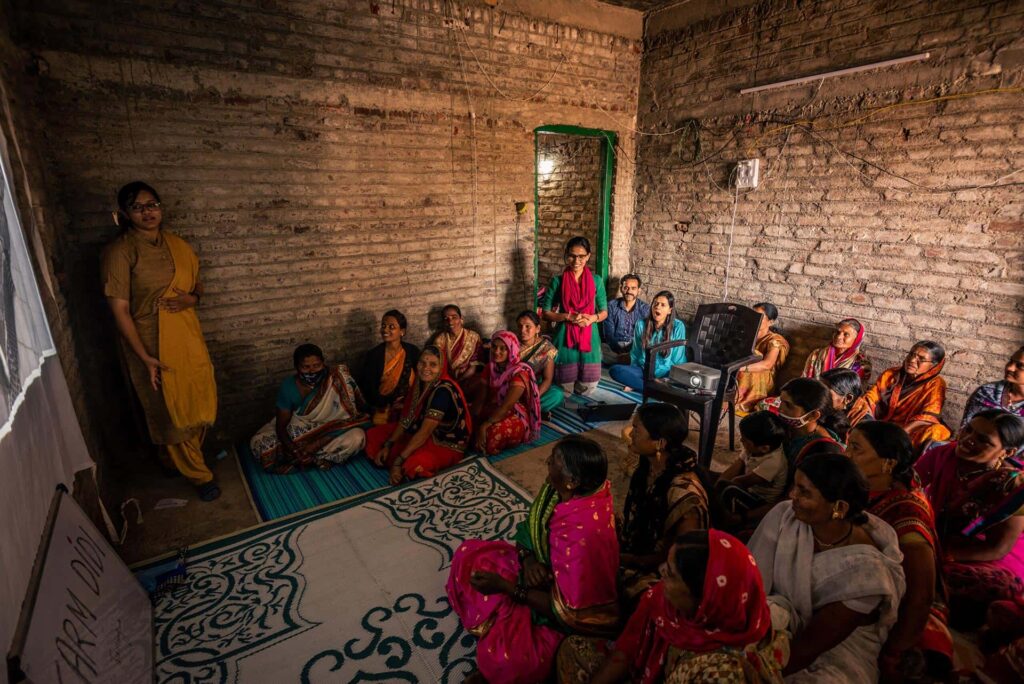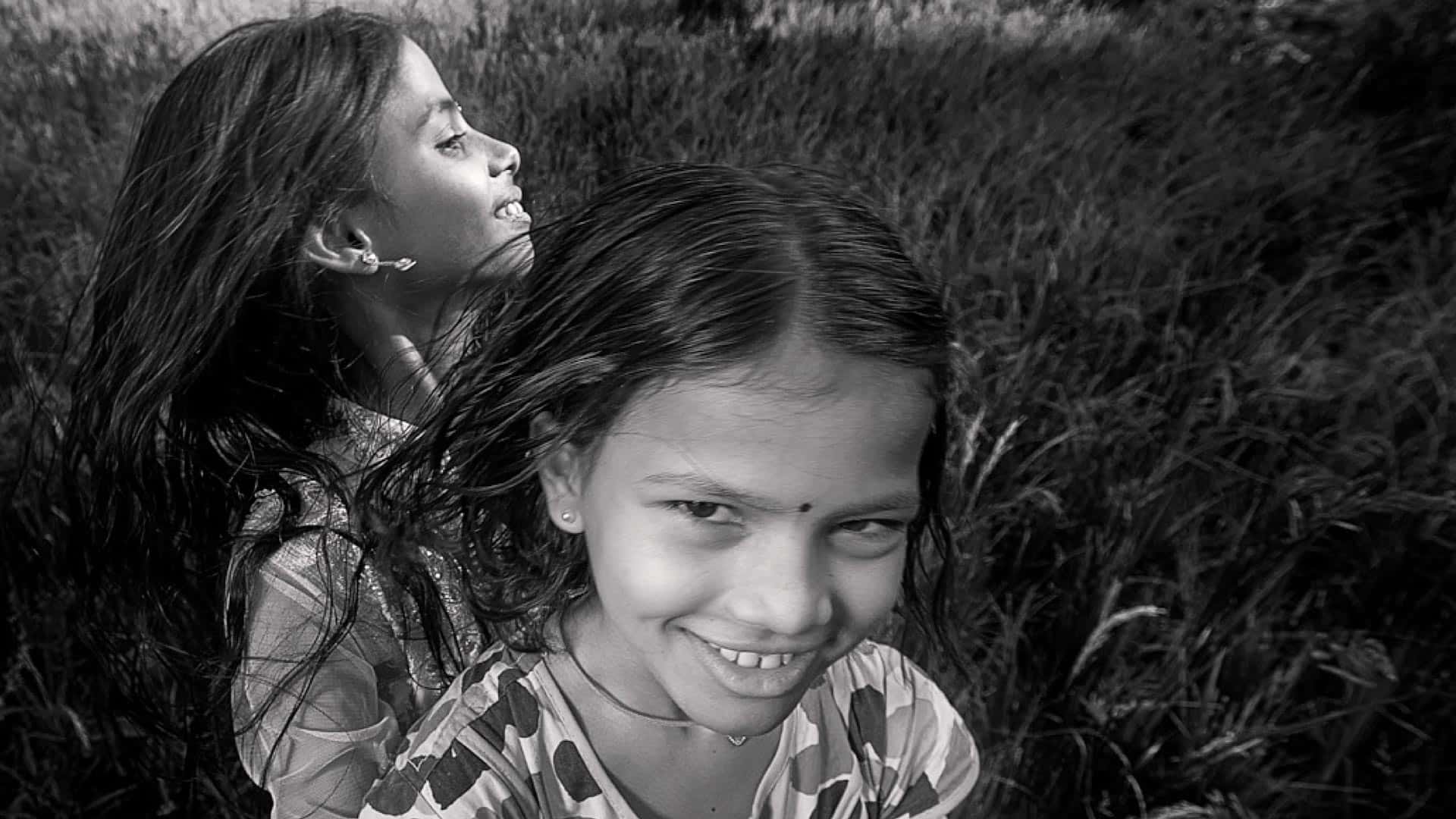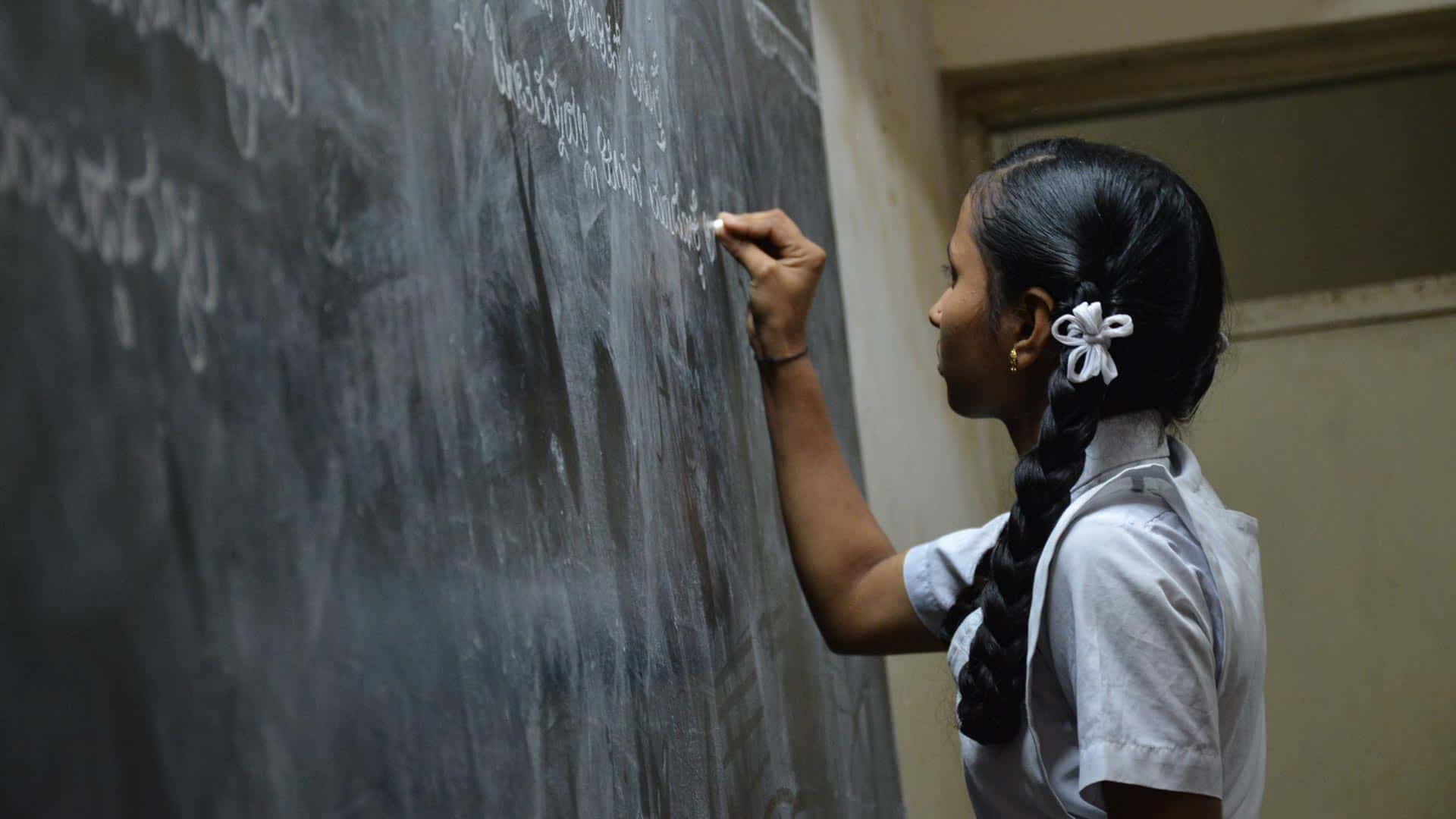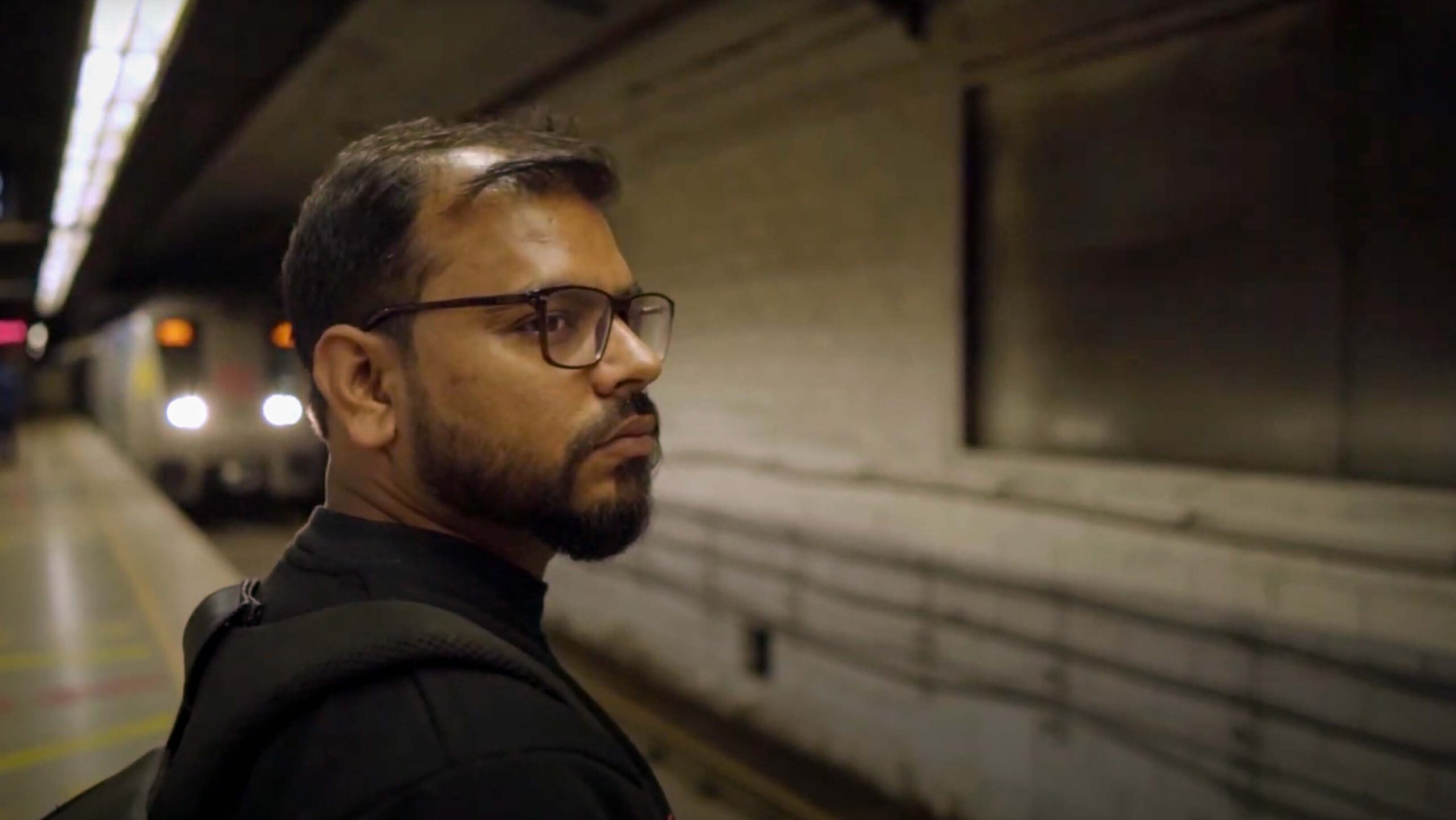Tell us a bit about your childhood. Where did you grow up?
I come from a small town called Bahadurgarh in Haryana, I have grown up seeing my grandfather who has been very active in mentoring students and in helping the community. Growing up in Haryana with the highest number of female foeticide was tough, but I have my parents to thank for believing in me and always supporting my ambitions. My father never treated me like a girl. I used to buy heavy grocery for home and often dealt with electricians and plumbers.
After school, I went to Delhi University to study and I would travel every day from Bahadurgarh to North Campus in Haryana Roadways. As a child, I sometimes felt that situations were tough for me, but now when I look back, I think those situations made me the strong and independent person that I am today.
I used to teach Mathematics and Science to school students while I was graduating and I continued to do so as a volunteer while I was working in the industry. The desire for purposeful and large-scale work made me start my own social enterprise.
You were awarded the Monalisa Gupta Award for Best All Round Performance at IIM Calcutta. What did you do to earn this laurel?
Two things, I think. One was the fact that I was very active in extracurricular activities, especially sports. I could be found either on the badminton court or the basketball court at IIM Calcutta, I was part of the sports council of IIM Calcutta and I led and participated in various sports events. Also, I, along with my friends, won various national level business case competitions as well – one of which involved winning first position in a research paper competition organised by the Bihar Chief Minister’s office. We spent 15 days in remote villages of Bihar and submitted a research paper on women empowerment,
Second was the fact that I made wonderful friends in IIM Calcutta. Before joining IIM, I was told that you make friends for life in Joka, which was indeed true. It was because of my friends, who believed in me, who nominated me and voted for me.
Infosys, Wipro and AT Kearney. What made you quit such an enviable career path and start something as different as FarmDidi?
All the organisations I worked with have given me so much. While I learned to design and implement cloud architecture with Infosys and Wipro, Kearney helped me in learning to solve large-scale business problems for CXOs across the globe. While I learned a lot with the firms both personally and professionally, my heart was still seeking more impactful work on the ground. I came across the untapped potential of self-help group women in Bihar during my MBA research paperwork. My passion for women empowerment and purposeful work made me shift to an entrepreneurial journey.
The average landholding in India is a mere 1.08 hectares. Which in itself seems too small to generate adequate income for a family. How does FarmDidi help women farmers overcome this challenge?
In order to increase income for marginal farmers, we need to bring them together. We also need to increase their role in food processing. Right now the farmers are mostly producers, but if food processing starts happening in villages, farmers will get a higher share of income.
This is one of the reasons we work with self-help group women, which are a group of 10-15 rural women. We have specifically handpicked those food products which taste best when handmade and those are things rural women already know how to make. For example pickles, papad, stone-ground flour, hand-pounded spices etc.
What has, so far, been the most difficult part of your journey?
The most difficult part was convincing my first set of farmer didis in Gadana village (Maharashtra} to start working together and make processed food items. I was an outsider in the village and many of them have seen outsiders fool/loot people earlier. Gaining their trust was the most difficult thing. But now that we have started selling and the rural women are gaining income on a weekly basis, more and more women want to work with us.
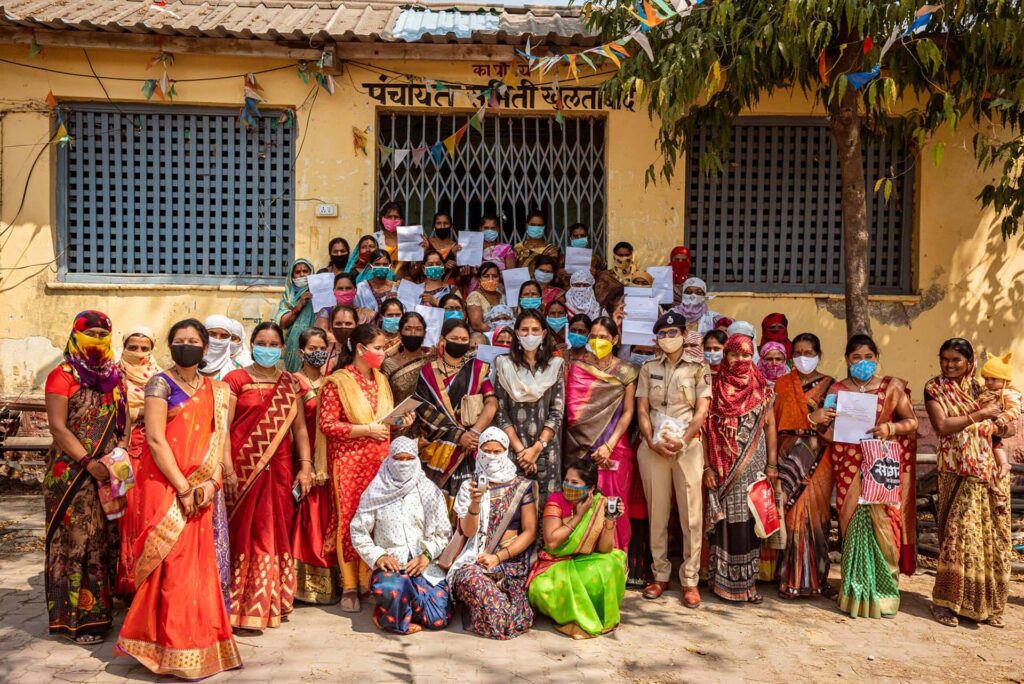
Has your corporate experience helped in your current mission?
Overall, both tech and consulting profiles have holistically helped me in shaping my business and technology acumen. In the corporate world, I got the chance to lead large-scale projects and teams and work in a diversity of business, financial and tech problems.
Thanks to Kearney, the wonderful five years in consulting have taught me a variety of skills that have been helping me a lot. Stakeholder management, in particular, has been very handy in dealing with rural stakeholders, NGO and government institutions. Kearney has also given me the confidence in solving a large-scale complex problem that I am working on now, which is developing quality handmade food products and selling them to end consumers.
Defining and monitoring key KPIs has been helping me to track the business and operational effectiveness of FarmDidi. Kearney also helped me in working for clients across 7 continents. I travelled a lot, and worked in various countries, various industries and worked with a diverse set of stakeholders ranging from governments to startups across the globe.
With a tech experience of five and a half years in Wipro and Infosys, I keep keep thinking about how we can use technology to solve such complex problems – which processes can I automate, which can be enabled through mobile technology, what architectural can we make to support tech in a rural setup, etc.
How often do you spend time with the didis in the villages?
Right now I am leading product development and seller engagement at the ground level. My time is mostly spent with rural didis in ensuring quality food development. While I have started spending more time in cities to understand and track consumer requirements – I plan to focus more on quality product development on the ground level. I feel, our key differentiator will always be our focus on impactful work and in developing superior quality handmade products at scale.
If there was one moment that changed it all for you, which one would it be?
I think that would be my stint in Bihar as I mentioned earlier. There were villages where there were only women. I saw increased feminisation of Indian villages – the men had moved to the cities for work, while women were a one-man army. They woke up at like 4 AM, fetched water, went to the fields for agricultural work, raised cattle, and managed their kids and joint families of their own. They were still asking me, didi – what else we can do to increase the income for the family! This was the first time I was seeing the working women of India! And I was clueless about what to answer to their question!
What do you see yourself doing 10 years from now?
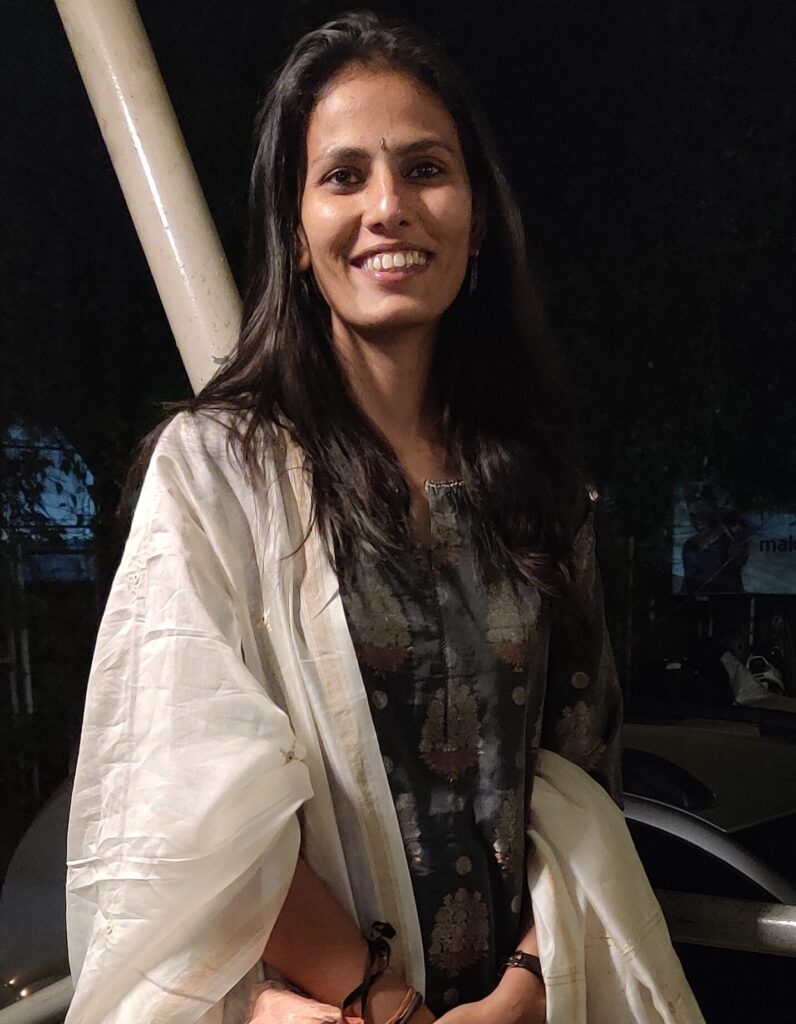
I will probably be enjoying FarmDidi’s success in becoming a household brand for handmade food products that has enabled 5 lakh rural women farmers directly and indirectly. And I might be busy making plans for the next 5 lakh rural women.
Visit FarmDidi to find out what Manjari Sharma and her didis are up to. If you would like The LEF Journal to cover stories of inspiring people you know, drop your suggestions in the comment box.

